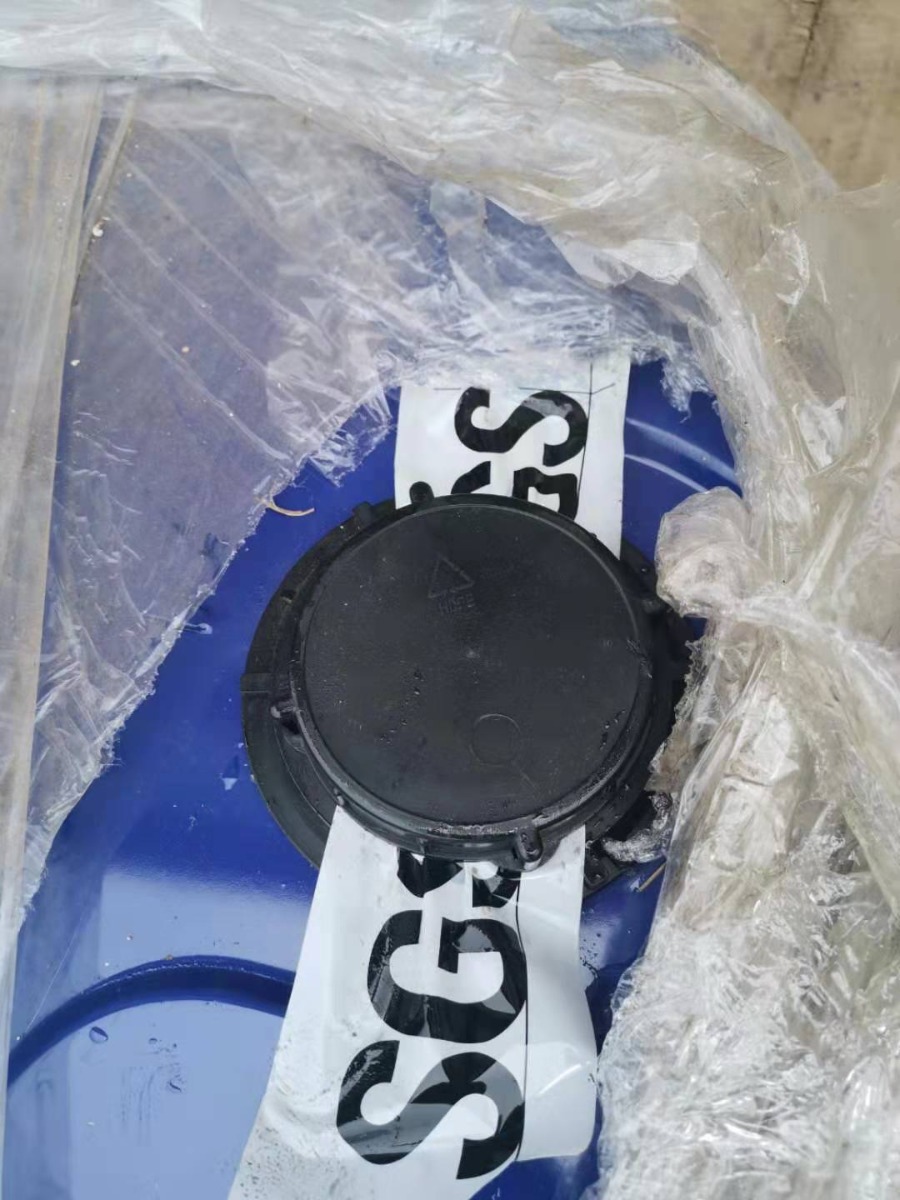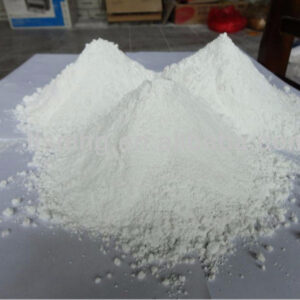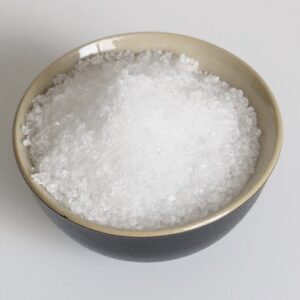Chemical application and strengths:
-
- The most common applications of epoxy resin are evident in polyacid and anhydride cures. It serves as a chemical reagent as well as an organic intermediate for auxiliaries, plasticizers, and coatings.
-
- The low viscosity, higher stability, and favorable electrical properties make ECC an ideal choice for different industrial applications. It is an effective electrical insulator, thereby making it perfect for use in coating and adhesives as well as for printing ink. Low-viscosity UV-curing printing inks, CD manufacturing, and potting of optoelectronic devices are some of the productive applications of ECC that leverage its excellent electrical properties.
- Furthermore, the electrical properties of ECC also support its use for adhesive bonding and insulation encapsulation. In addition, ECC is also used for specific electronic products that demand higher resistance to cold and thermal shock. ECC also shows better resistance to weather than acrylic polyurethane coating, thereby making it perfect for outdoor coating.
- EC also acts as a polyvinyl chloride polycarbonate stabilizer as well as an additive for different types of oils such as cylinder oil, lubricating oil, and transformer oils.
- ECC is also an active dilution agent that does not have side effects such as bubbling or exuding, alongside providing a better high surface finish. Most important of all, dilution does not influence the basic properties of ECC, such as high tensile strength, impact strength, and curing shrinkage.







Reviews
There are no reviews yet.